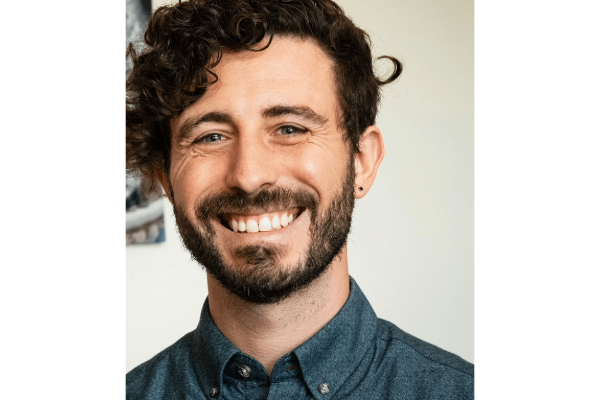
Join the Developmental Psychology area for a talk by Vlad Ayzenberg (Temple University)!
Title: Early developing mechanisms underlying visual object categorization
Abstract: Humans learn new object categories rapidly, often after seeing just one example. Indeed, even infants exhibit remarkable categorization abilities in the absence of extensive experience. What are the underlying visual representations and neural mechanisms that support such robust categorization? In the current talk, I will combine approaches from developmental psychology with computational modelling to reveal the underlying representations that support object categorization in infants. I will also present fMRI and high-density EEG data that suggest that object categorization is supported by a broader network of brain regions beyond the ventral ‘what’ pathway – the pathway most associated with visual recognition. Finally, I will describe how my research with newborn infants and pediatric hemispherectomy patients – patients who have had an entire hemisphere removed – may shed light on the developmental trajectory of the neural regions underlying object categorization.
About Vlad Ayzenberg: Vlad is an Assistant Professor of Psychology and Neuroscience at Temple University. He is interested in understanding the mechanisms underlying early developing cognitive and perceptual abilities. His work takes a multi-modal approach drawing on tools from psychology, neuroscience, and artificial intelligence. Before joining Temple as faculty, Vlad earned a PhD from Emory University and was a postdoctoral fellow at Carnegie Mellon and the University of Pennsylvania.
The Developmental Seminar Series area features both internal and external speakers who are experts in a wide range of topics including the development of cognition, perception, learning, emotional processing, and social relationships.
For more information, contact Developmental Psychology area coordinator Zeynep Saygin.
